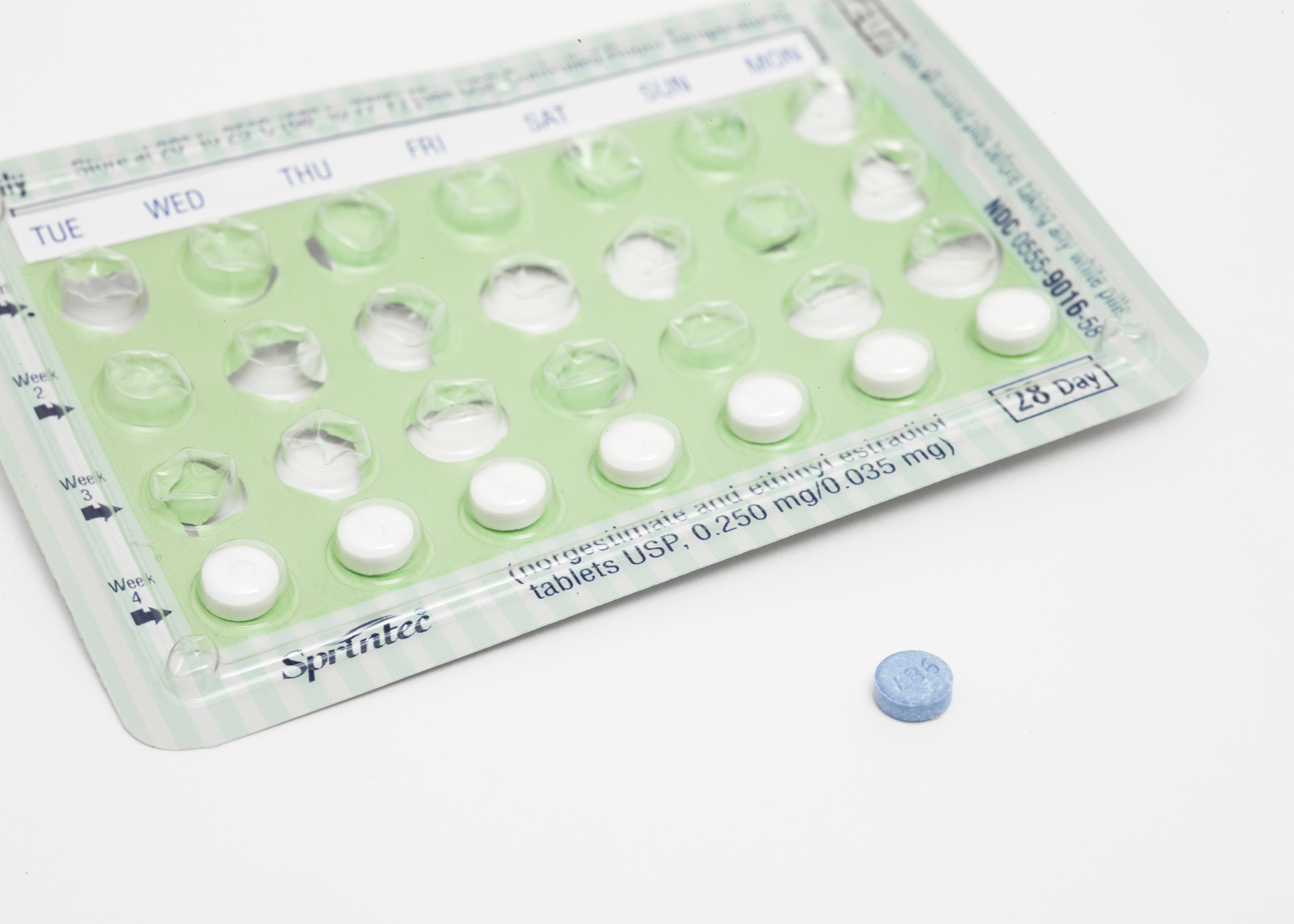Did you know that insulin is a hormone? It is produced by the pancreas and is a critical component in regulating your body’s metabolism, more specifically it regulates the way our bodies process glucose. Type 2 diabetes is becoming an ever-increasing health issue in the United States, and is characterized by the body’s inability to use insulin properly. But, as we mention over and over in our blogs, an imbalance in one area of the body has a noticeable  effect on other parts. When a person has insulin-related hormone imbalance, other hormones can become out of balance as well, including testosterone, estrogen, cortisol, thyroid, and progesterone. This can have a significant effect on our health and the way they feel in our day-to-day life. Bringing these hormones back into balance can improve the metabolism and regulation of glucose.
effect on other parts. When a person has insulin-related hormone imbalance, other hormones can become out of balance as well, including testosterone, estrogen, cortisol, thyroid, and progesterone. This can have a significant effect on our health and the way they feel in our day-to-day life. Bringing these hormones back into balance can improve the metabolism and regulation of glucose.
Fortunately, a hormone imbalance doctor can help you to naturally regulate your hormones, improving your overall health.
Insulin resistance is linked to overall hormone imbalance
Here are some typical examples of hormone imbalances related to low-insulin levels:
1. Low testosterone. When males have low testosterone levels, it can affect everything from their weight and physical appearance, to their emotional well-being. The reason this occurs is that insulin resistance with weight gain leads to elevated estrogen. Estrogen decreases free testosterone levels. The free testosterone is the amount available to have activity at the receptors for metabolism and muscle building.
Plus, the low T can put men at risk for other medical conditions, such as heart disease. However, recently, researchers have correlated that low testosterone levels are linked to insulin resistance. In this study the researchers suggested that the low testosterone levels led to the insulin resistance and dysmetabolic syndrome and this has been our experience as well.
While andropause is a natural unpleasant occurrence, insulin-related low testosterone levels are not. If you are diabetic, or have been diagnosed as pre-diabetic, make an appointment with a doctor to have your hormones tested. The sooner you can get your hormones back in balance, the sooner you will be on your way to improved health.
2. Estrogen imbalance. As doctors learn more about the relationship between the hormones, they have learned that healthy cortisol and estrogen levels in women help to protect them from insulin resistance. We can see this shows up in one of the most common symptoms of hormone imbalance: weight gain. As women produce less estrogen the cortisol seems to have a stronger effect and increase insulin resistance. As the body becomes more resistant to insulin, it begins storing glucose as fat. Bioidentical hormone replacement therapy (BHRT) can be used as a woman makes the transition from peri-menopause through menopause to balance estrogen levels and prevent the onset of menopause side effects.
Make an appointment with a holistic physician who understands that natural relationship between nutrition, lifestyle, and hormone balance. The ideal treatment is one that uses natural lifestyle changes and minimally invasive treatments like BHRT in order to achieve a healthful balance.
3. Progesterone imbalance. Female infertility is on the rise. As experts work to find reasons for this, there is some data that can’t be ignored. For example, one of the leading causes of female infertility is polycystic ovarian syndrome (PCOS). Women with PCOS have low levels of progesterone and increased insulin-resistance. While one does not necessarily cause the other, they are strongly correlated. It is also true that low progesterone levels have also been linked to miscarriages.
If you are interested in starting a family, consider having your hormones tested early on so you can make necessary changes before you begin trying to conceive. We can determine whether or not your hormones are in balance and help you make necessary changes to your diet and lifestyle. We can also use acupuncture and other holistic treatments to help bring your hormones into balance, increasing your chances of becoming pregnant.
Get control of your Diabetes and Manage Your Hormone Health
Contact Southwest Integrative Medicine to find out if you suffer from hormone imbalance. Regardless of whether or not it is insulin-related, we can work to find a treatment plan that will help.
 "My weight was getting so out of control. I started their weigh loss diet program and lost 32 lbs! I have been able to reduce my blood pressure medicine, fit back in my clothes, have tons more energy... Now I am back to eating and my desire for foods has changes drastically. Saved my life!!!
"My weight was getting so out of control. I started their weigh loss diet program and lost 32 lbs! I have been able to reduce my blood pressure medicine, fit back in my clothes, have tons more energy... Now I am back to eating and my desire for foods has changes drastically. Saved my life!!!
 "Dr. Cline and Dr. Terranella have been amazing! For the first time we found doctors that actually listen. They care about how your feeling and try everything they can to get you back to a normal state. I am in love with these guys! If you want amazing care, see these guys."
"Dr. Cline and Dr. Terranella have been amazing! For the first time we found doctors that actually listen. They care about how your feeling and try everything they can to get you back to a normal state. I am in love with these guys! If you want amazing care, see these guys."





 effect on other parts. When a person has insulin-related hormone imbalance, other hormones can become out of balance as well, including testosterone, estrogen, cortisol, thyroid, and progesterone. This can have a significant effect on our health and the way they feel in our day-to-day life. Bringing these hormones back into balance can improve the metabolism and regulation of glucose.
effect on other parts. When a person has insulin-related hormone imbalance, other hormones can become out of balance as well, including testosterone, estrogen, cortisol, thyroid, and progesterone. This can have a significant effect on our health and the way they feel in our day-to-day life. Bringing these hormones back into balance can improve the metabolism and regulation of glucose.










